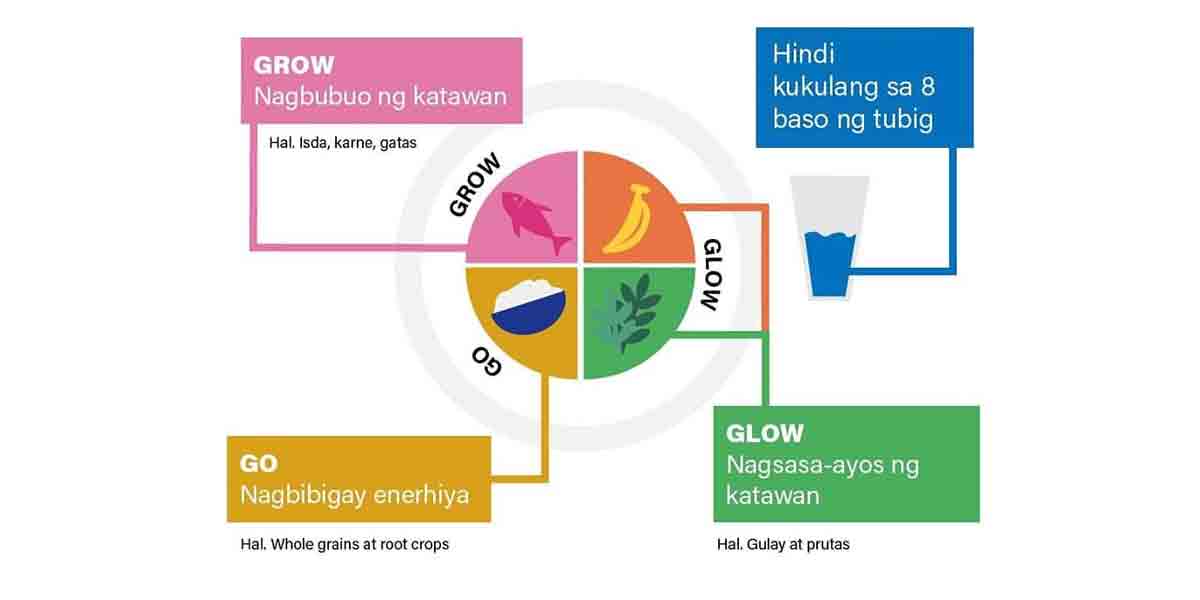By Engr. Carlos Cornejo
The Catechism of the Catholic Church defines hope as “The theological virtue by which we desire the kingdom of heaven and eternal life as our happiness, placing our trust in Christ’s promises and relying not on our own strength, but on the help of the grace of the Holy Spirit.” (CCC 1817) Hope is faith in the future. It is the belief that things will turn out well for a Christian who struggles against sin and tries to be holy and that good will be rewarded and that evil will be punished at the end of our lives and ultimately at the end of the world. This is the virtue that inspires martyrs such as our very own St. Pedro Calungsod and St. Lorenzo Ruiz to endure sufferings and death rather than give up their faith.
Hope orients us to an end beyond this world. In this world we could hope to finish college, hope to get a job, hope to get married, but if we are realistic, we know that at the end of our lives, all these things pass away and we all lose them. Death takes away everything that we possess in this world both things and persons. Hope orders us to a thing that does not fade away, to God and the things of God. A spiritual writer once said, we already know who triumphs in the end, just read the last book of the Bible. We are not in a movie or novel of whose ending we could not yet determine. God has told us how it all began and has told us also how it will all end. God has done so for the purpose of convincing us to be part of the eventual victorious team. To be counted among the saints in heaven.
There will be a new heaven and a new earth. “Then I saw ‘a new heaven and a new earth,’ for the first heaven and the first earth had passed away, and there was no longer any sea.” (Revelation 21:1) At the Parousia (Second Coming of Christ), earth will be re-created and renewed to get rid of all the remnants of sin and evil of the previous world. All injustices would have been settled by the Ultimate Judge Jesus Christ, and only the just would inhabit the new earth in a fairy tale like ending. “He will wipe every tear from their eyes. There will be no more death’ or mourning or crying or pain, for the old order of things has passed away.” (Revelation 21:4)
The two sins against the virtue of hope are presumption and despair. The Catechism of the Catholic Church defines presumption: “It means a person either presumes upon his own capacities (hoping to be able to save himself without the help on high), or he presumes upon God’s almighty power or his mercy (hoping to obtain forgiveness without conversion and glory without merit). (CCC 2092) Tim Gray, the author of the book, “Boys to Men, the Transforming Power of Virtue” says that the most common sin of presumption is the “nice guy” approach to salvation. The nice guy would claim that as long as he does not do anything mean or rude to people around him and once in a while do some kind of good act, then he will go to heaven. He further even claims that religious practices are not needed. This kind of claim would render the struggle for holiness meaningless and unnecessary since the reward can only be obtained with just a minimum of effort. It is desiring heavenly glory without merit.
The sin of despair on the other hand, “means that a person ceases to hope for his personal salvation from God, for help in attaining it or for the forgiveness of his sins.” (CCC 2091) The common sin of despair is to believe that we have “out-sinned” Christ’s forgiveness, that our sins are just too many and great, that these are beyond God’s forgiveness and salvation. Or it is just too late to go back to Christ or religion. There is no amount of sin that is beyond forgiveness and it is never too late to go back to God. God’s mercy is infinite and his steadfast love endures forever. No matter how bad your sins are even if you have committed genocide, God will forgive you if you are sorry. “The steadfast love of the Lord never ceases; his mercies never come to an end; they are new every morning.” (Lamentations 3:22)

























